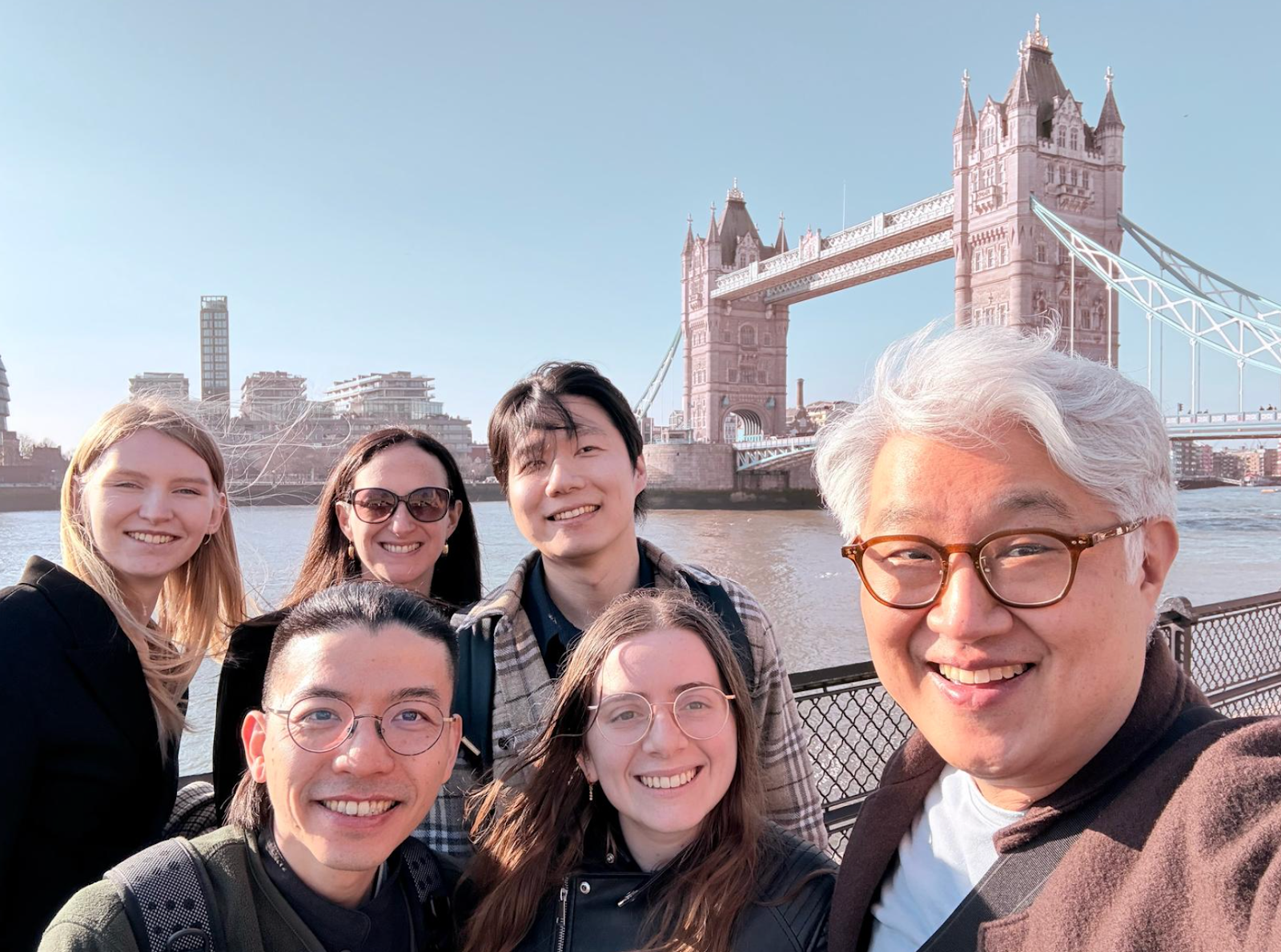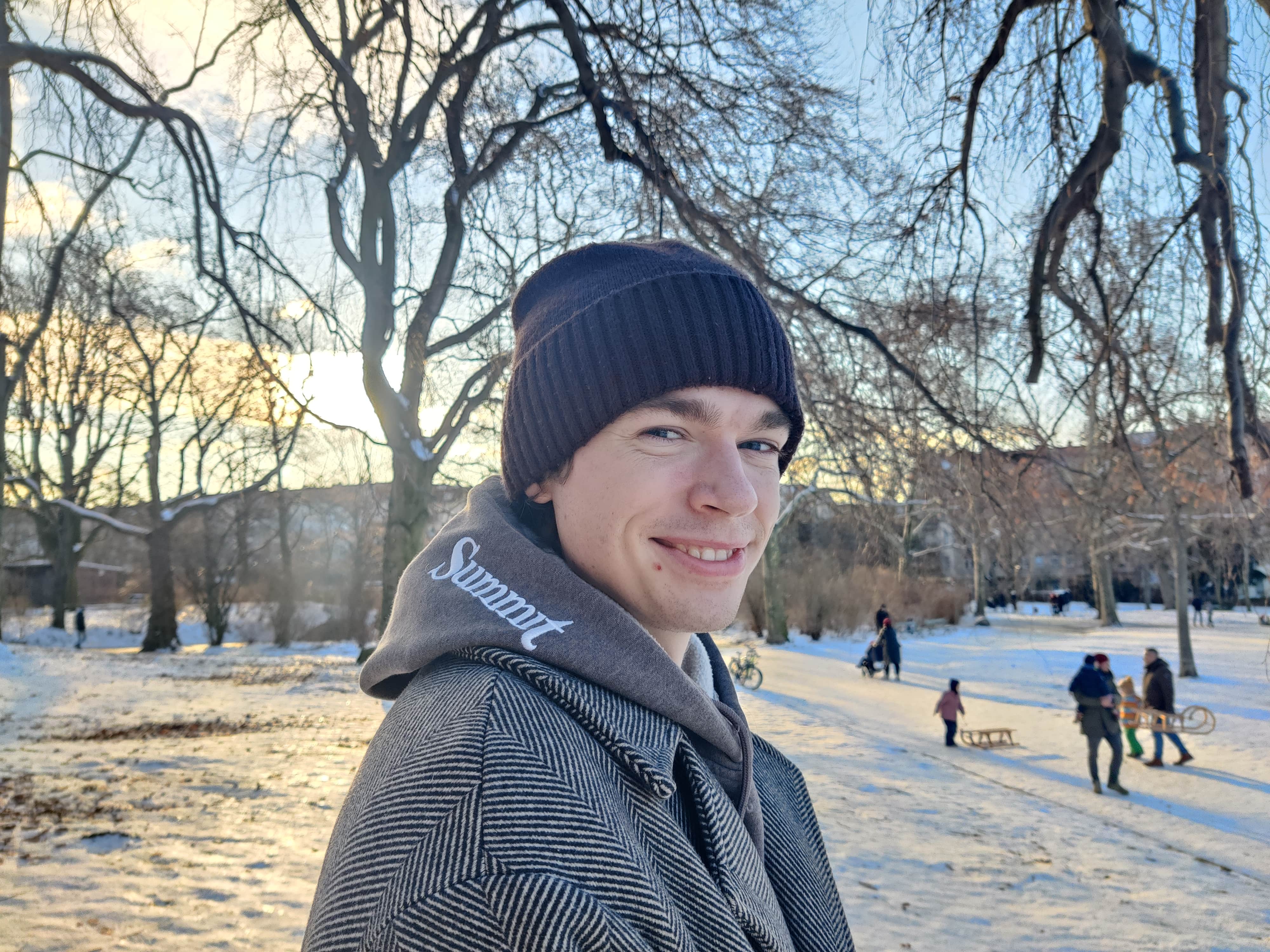Featured
%202.jpeg)
April 9, 2025
Goldwater Scholarship Recipient—Sophia Boler
Meet Sophia, Class of 2026, Minerva’s first Goldwater Scholar paving the way in molecular science.
Read More

January 21, 2025
Schwarzman Scholarship Recipient—Jan Bartkowiak
Meet Jan, Class of 2025, and learn all about his journey as Minerva’s second Schwarzman Scholar.
Read More
%202.JPG)
December 11, 2024
Diana Award Recipient—Jiayuan Tian
Meet Jiayuan, Class of 2025, and learn all about his journey as Minerva’s second Diana Award recipient.
Read More
For more news from about Minerva University, visit our Press & Media page

.jpg)


%202.jpg)


%202.jpeg)
.jpeg)






.jpeg)






















-min.jpg)



.jpeg)






.jpg)











